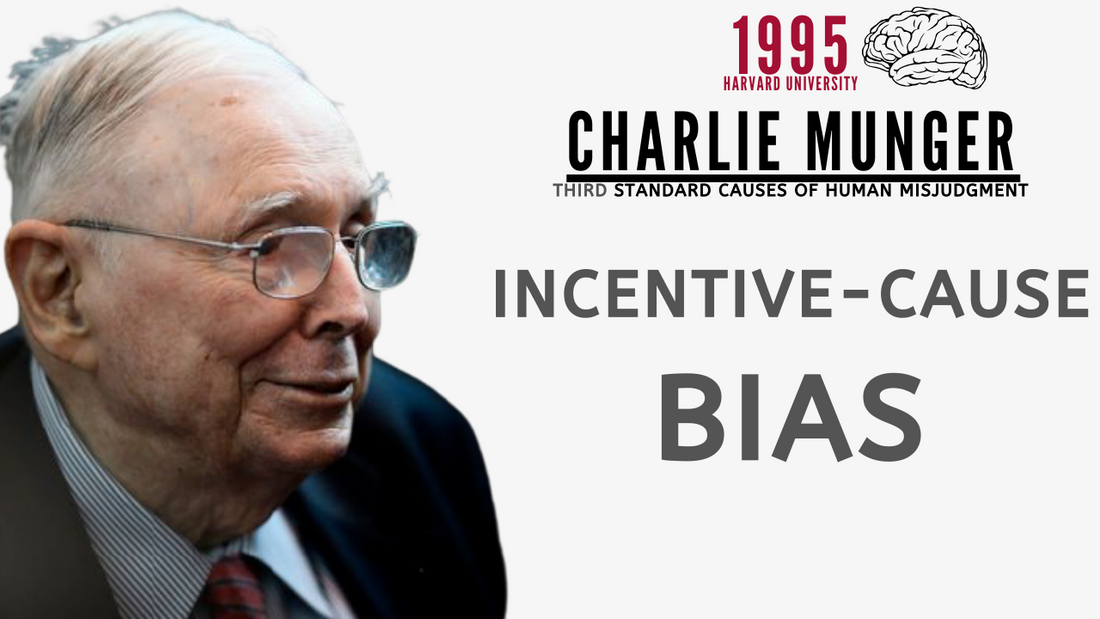
Charlie Munger on Incentive-Cause Bias. | Harvard University 1995【C:C.M Ep.73】
[Transcript]
CHARLIE MUNGER: Third. Incentive-cause bias, both in one’s own mind and that of one’s trusted advisor, where it creates what economists call agency costs. Here, my early experience was a doctor who sent bushel baskets full of normal gallbladders down to the pathology lab in the leading hospital in Lincoln, Nebraska. And with that quality control for which community hospitals are famous, about five years after he should’ve been removed from the staff, he was.
And one of the old doctors who participated in the removal was also a family friend, and I asked him, I said, “Tell me, did he think, here’s a way for me to exercise my talents,” this guy was very skilled technically, “And make a high living by doing a few maimings and murders every year, along with some frauds?” And he said, “Hell no, Charlie. He thought that the gallbladder was the source of all medical evil, and if you really love your patients, you couldn’t get that organ out rapidly enough.”
Now that’s an extreme case, but in lesser strength, it’s present in every profession and in every human being. And it causes perfectly terrible behavior. If you make sales presentations and brokers of commercial real estate and businesses, I’m 70 years old, I’ve never seen one I thought was even within hailing distance of objective truth. If you want to talk about the power of incentives and the power of rationalized, terrible behavior, after the Defense Department had had enough experience with cost-plus percentage of cost contracts, the reaction of our republic was to make it a crime for the federal government to write one, and not only a crime, but a felony.
And by the way, the government’s right, but a lot of the way the world is run, including most law firms and a lot of other places, they’ve still got a cost-plus percentage of cost system. And human nature, with its version of what I call incentive-caused bias, causes this terrible abuse. And many of the people who are doing it you would be glad to have married into your family compared to what you’re otherwise going to get.
Now there are huge implications from the fact that the human mind is put together this way, and that is that people who create things like cash registers, which make most behavior hard, are some of the effective saints of our civilization. And the cash register was a great moral instrument when it was created. And Patterson knew that, by the way. He had a little store, and the people were stealing him blind and never made any money, and people sold him a couple of cash registers and it went to profit immediately.
And, of course, he closed the store and went into the cash register business. With results which are … And so this is a huge, important thing. If you read the psychology texts, you will find that if they’re 1,000 pages long, there’s one sentence. Somehow incentive-caused bias has escaped the standard survey course in psychology.
(Source: https://youtu.be/07f8oasWqWg)
[YAPSS Takeaway]
This is hard, but the explanation in the link below might help you a little, enjoy.
http://bit.ly/incentivecausedbias
